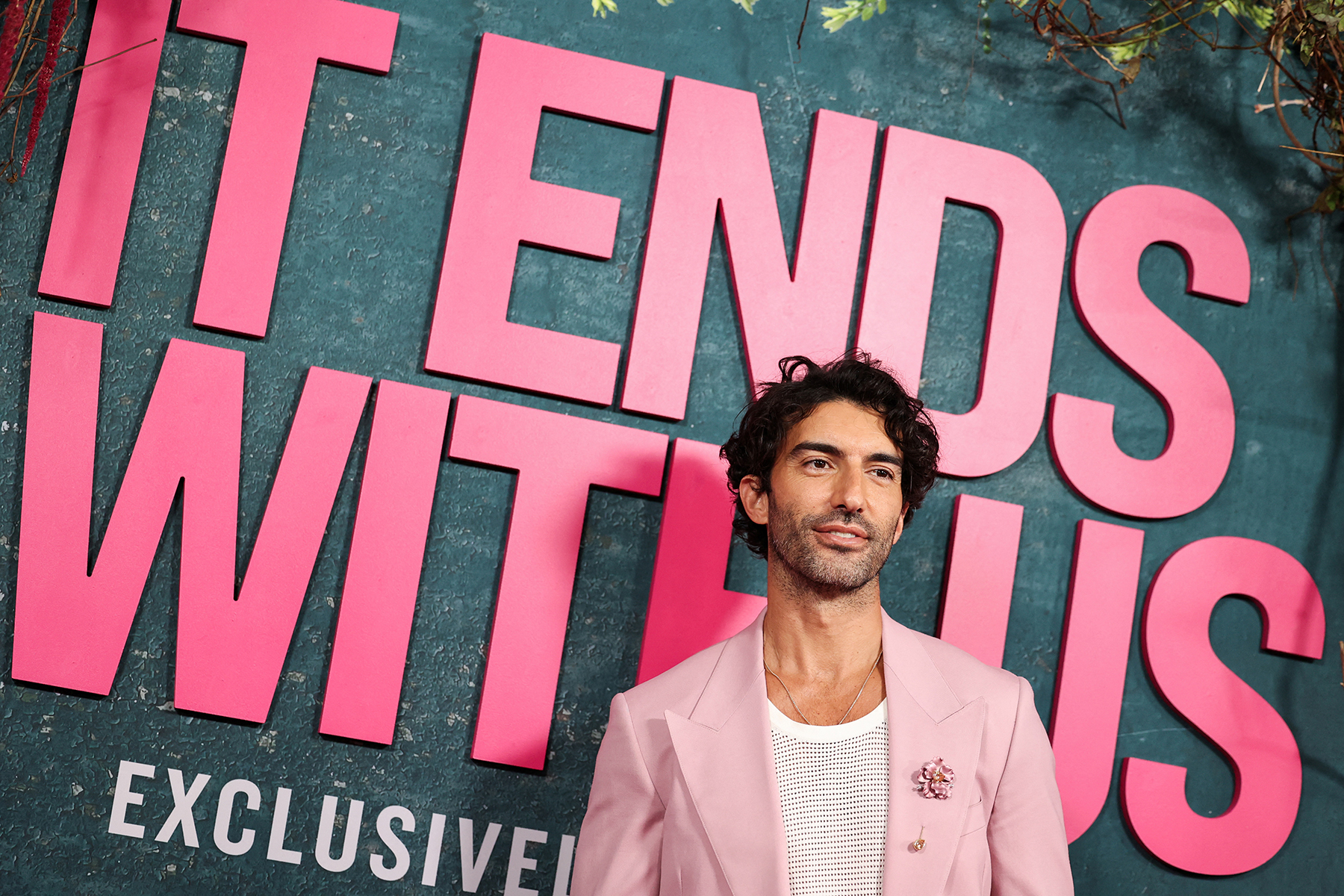By Soraya Ferdman
A state Supreme Court Justice in Louisiana is suing the head of a legal watchdog group for defamation months after filing a similar libel suit against a local newspaper.
The most recent lawsuit centers on a letter to the editor published in The Advocate in September 2019. In the letter, Lana Venable, the executive director of Louisiana Lawsuit Abuse Watch, wrote that voters might not have elected Jeff Hughes to the Louisiana Supreme Court had they been aware of a federal investigation into his handling of a child custody case while he was serving as a state judge in Livingston Parish.
Venable criticized the general lack of judicial transparency in Louisiana, and used Hughes’ case as an example. “While Hughes was under investigation for years by the FBI, the public remained unaware. Investigations began while he was still serving as state judge in Livingston Parish through his election to the Supreme Court — twice,” Venable wrote.
On September 4, 2020, Hughes filed a lawsuit in Baker City Court against Venable for allegedly defaming him in her piece. In the two-page lawsuit, Hughes wrote that the FBI investigation into his conduct ended in 2004, and did not continue “through his election to the Supreme Court,” as Venable said it did. Because her timeline contradicted The Advocate’s reporting, Hughes argued Venable had acted with actual malice or reckless disregard for the truth.
Beginning in 2019, two Advocate reporters, Andrea Gallo and John Simerman, began looking into cases of judicial misconduct, and soon learned about the FBI’s probe into Hughes over his handling of a family law case involving a 5-year-old boy. Hughes had been involved with the mother’s attorney, and the boy’s grandmother had filed a complaint about a conflict of interest. Years later, Hughes sent the grandmother a letter apologizing for his actions.
“I have come to the conclusion that my actions were inimical to the pursuit of the truth and that, because of my actions, justice suffered. For this I am deeply remorseful,” Hughes wrote in the letter.
Hughes has not sued either of the journalists for their reporting, but he did sue the newspaper in June 2020 for an opinion column criticizing his decision to stay on a child custody case despite his romantic involvement with the mother’s attorney. Hughes is claiming there wasn’t a clear conflict of interest because the attorney withdrew from the custody case before Hughes’ ruling in 1999.
Louisiana is one of 38 states that elects its Supreme Court judges through popular vote, rather than having the governor or legislators appoint them. Despite this, Gallo and Simerman found that many of the complaints against judges are almost never shared with the public before an election. Judges who commit misconduct “receive letters of caution, admonishments or other warnings, but they are buried in secret Judiciary Commission files,” Gallo and Simerman wrote in one of their pieces.
Reporters Gallo and Simerman shared a statement with First Amendment Watch in response to Hughes’ defamation suits.
“Our series about Justice Hughes began after citizens who filed complaints about him decades ago decided to speak out, despite the rules barring them from doing so. After our reporting, the Supreme Court changed those rules. We are determined to keep covering accusations of judicial misconduct, which have been hidden from the public for far too long. Justice Hughes’ lawsuits—which target content on our editorial pages, and not our news reporting—will not change that. But we worry that when a Supreme Court justice sues those who have critiqued him, others may be too fearful to speak out in the future.”
Tags




